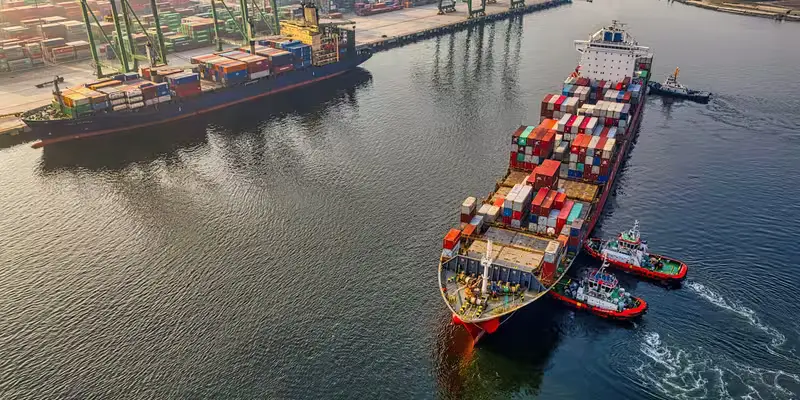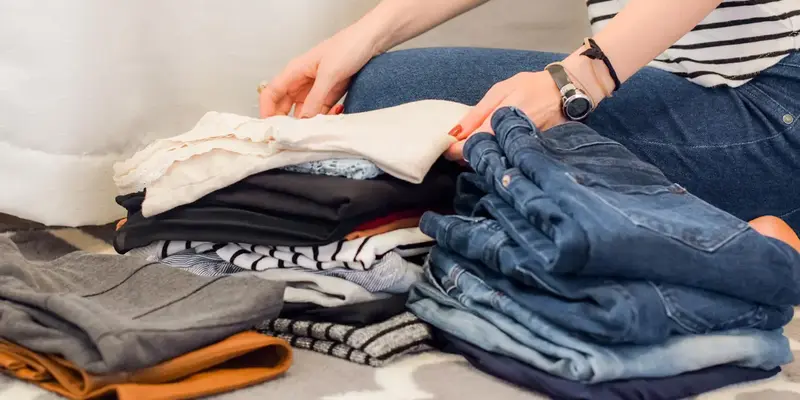Armenia’s textile industry has woven itself into the fabric of the nation’s history, tracing its roots back to the Middle Ages when silk production adorned the region with prestige. Today, this industry not only preserves its historical legacy but also thrives amidst modern economic landscapes, experiencing a remarkable 19% annual growth rate from 2018 to 2022.
Historical Legacy and Modern Growth
The textile industry in Armenia boasts a rich historical legacy, dating back to the Middle Ages. Silk production, in particular, gained recognition for its quality and craftsmanship, contributing to Armenia’s reputation as a center of textile excellence. Fast forward to the present day, and the industry continues to flourish, with impressive growth rates observed in recent years. The period between 2018 and 2022 saw a remarkable 19% annual growth rate, indicating a robust and dynamic sector that remains a vital contributor to Armenia’s economy.
Government Prioritization
Acknowledging the pivotal role of manufacturing in economic development, Armenia’s government has strategically prioritized the textile sector. The launch of “The Program for the Development of the Textile Industry for 2023-2026” underscores the sector’s significance, aiming to stimulate growth and job creation. Through targeted policies and initiatives, the government aims to create an enabling environment for the textile industry to thrive, fostering innovation, competitiveness, and sustainable growth.
Export Potential and Employment
Armenia’s textile exports play a crucial role in the country’s economic landscape, contributing significantly to employment and export earnings. The sector is a vital source of employment, particularly for women, who comprise 90% of the textile workforce. In rural areas where job opportunities may be limited, the textile industry serves as a lifeline, providing stable employment and income for families. Moreover, textile exports from Armenia have witnessed remarkable growth, averaging a 40% annual increase from 2011 to 2020. This growth not only reflects the sector’s competitiveness but also its ability to tap into global markets and meet evolving consumer demands.
Global Market Dynamics
While the global textile market presents challenges such as shifting production trends and raw material demands, Armenia finds opportunities in evolving fashion preferences and digital commerce platforms. The country’s strategic location at the crossroads of Europe and Asia positions it as a gateway to lucrative markets. Additionally, Armenia’s membership in the Eurasian Economic Union (EEU) and its preferential trade agreements with the European Union (EU) provide access to a vast market of over 180 million consumers. By leveraging these advantages and staying abreast of global market dynamics, Armenia’s textile industry can continue to expand its market reach and enhance its competitiveness on the world stage.
Current State and Future Prospects
Despite primarily serving as a labor force for foreign brands like Prada and Zara, Armenia’s textile industry is evolving rapidly. Noteworthy brands like Alex Textile and Tavush Textile have emerged, diversifying product ranges and expanding market presence. The sector’s growth has also led to the emergence of large producers and well-known brands, further solidifying Armenia’s position as a competitive player in the global textile market. Looking ahead, the future prospects for Armenia’s textile industry are promising, with ample opportunities for innovation, expansion, and continued growth.
Challenges and Adaptation
Armenia’s textile sector encounters various challenges, including limited access to modern machinery, fluctuating market conditions, and evolving consumer preferences. However, the sector’s resilience shines through adaptation strategies focusing on innovation, sustainability, and strategic alliances. By investing in technology upgrades, skills development, and market diversification, Armenia’s textile industry can overcome these challenges and position itself for long-term success. Moreover, the government’s continued support through targeted policies and incentives will be crucial in addressing the sector’s needs and unlocking its full potential.
In conclusion, Armenia’s textile industry symbolizes the nation’s rich cultural heritage, entrepreneurial spirit, and commitment to economic development. With a blend of tradition and innovation, the sector continues to thrive, contributing to job creation, export earnings, and overall economic growth. As Armenia navigates the complexities of the global market, its textile industry remains a beacon of promise, poised for sustained growth, prosperity, and global recognition in the years to come.






















